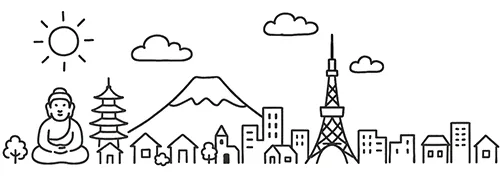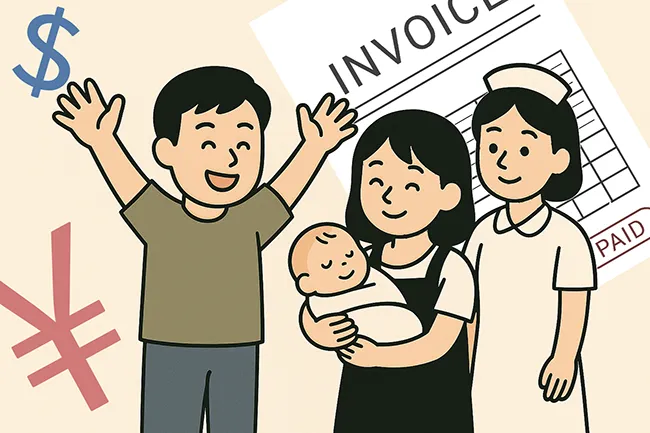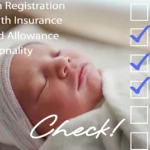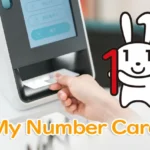At the age of 41, I became a father for the first time when my daughter was born. My wife is 37.
Our journey to parenthood was anything but easy, especially since we weren’t particularly young anymore.
Our Fertility Journey
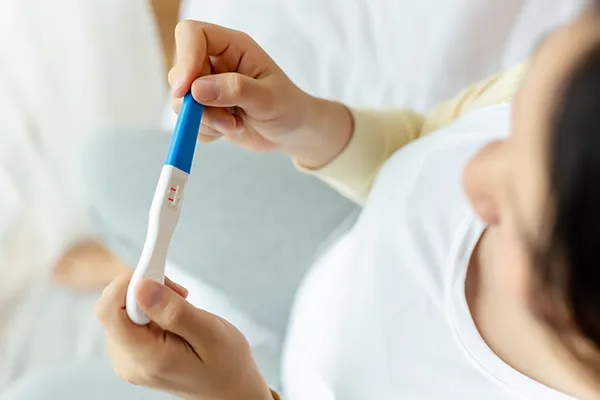
We’ve been married for seven years, but for a long time we weren’t sure whether we actually wanted children. It wasn’t until 2023—when I was 39 and my wife was 35—that we finally decided to try. We never disliked children, but we weren’t obsessed either, so it took us a while to reach that decision.
Now that our daughter is here, we’re of course happy with our choice. But honestly, even if we had decided not to have kids, I believe we would still have had a meaningful life together.
At first, we naïvely thought having a baby would happen quickly. Reality turned out to be very different.
Almost a year passed without a pregnancy, so we eventually went to a fertility clinic. Both of us were tested, and everything came back normal. That meant it was probably just a matter of timing, so we tried “timed intercourse” for a while. Still no results. With our age in mind, we moved on to artificial insemination—and thankfully, my wife became pregnant.
In Japan, fertility treatments are partly covered by public health insurance, so patients only pay 30% of the cost. Local governments also provide subsidies, which makes it surprisingly affordable compared to many other countries.
Pregnancy Complications
The pregnancy went smoothly until about a month before the due date, when my wife’s blood pressure suddenly began to rise. She was diagnosed with pregnancy-induced hypertension, which can be dangerous for both mother and baby.
She was admitted to the hospital and put on a low-salt diet and bed rest. At first she stayed in a private room at a modern maternity clinic, but since her condition didn’t improve much, she was transferred to a larger general hospital. This time it was a six-bed shared ward with curtains for separation—not as comfortable, but necessary.
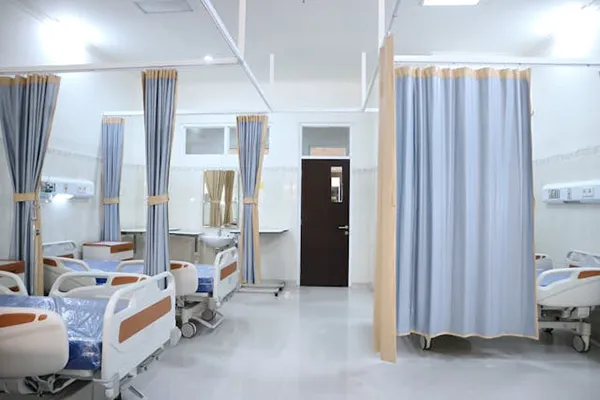
Birth
In March, while she was hospitalized and taking medication to control her blood pressure, we started counting the days. In Japan, April 1 is the cutoff for school years. A baby born on April 1 becomes the youngest in their grade; a baby born on April 2 is the oldest in the next grade. We hoped our child could hold on until after April 1.
Our daughter was born on April 3—about two weeks earlier than her due date of April 21—at a healthy weight of 2,400 grams (5.3 lbs). I rushed from work after my wife called, but by the time I arrived an hour and a half later, she had already given birth. The delivery happened very quickly after her water was broken.
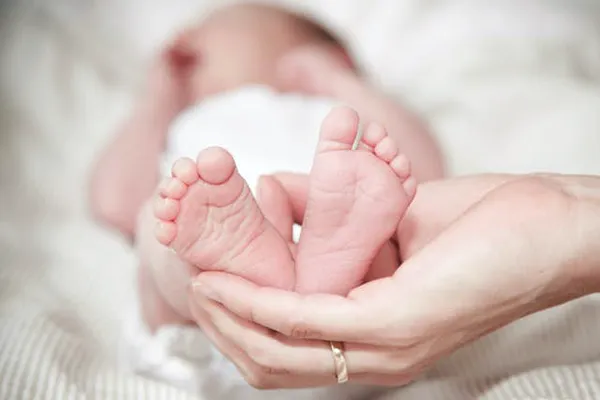
Childbirth expenses
In Japan, the government provides a childbirth allowance of about 500,000 yen (roughly USD 3,300), which usually covers the cost of delivery. In our case, however, since my wife had to stay in the hospital for a while before giving birth, the total expenses ended up being about 100,000 yen (around USD 700) more.
An Unexpected Turn
But the very next day, doctors discovered a problem with our baby’s intestines. She was immediately transferred to a university hospital with a NICU.
After tests, doctors explained that part of her intestine wasn’t functioning properly. At first, they wanted to observe for a month. But the next day, her condition worsened, and emergency surgery was necessary.
During the operation, they found that a section of her intestine had twisted, become necrotic, and even perforated. Surgeons removed the damaged section and created a temporary stoma (an artificial opening for waste).
It was terrifying to imagine such a tiny newborn undergoing surgery, but we were grateful her life had been saved.
Life in the NICU
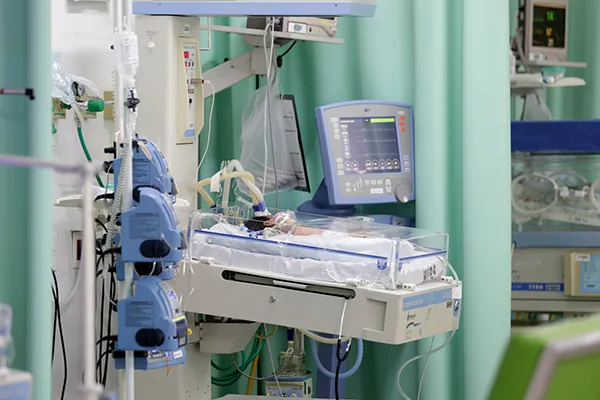
Even after the surgery, our daughter’s condition remained uncertain. My wife was discharged, and we began visiting the NICU regularly. The hospital was an hour and a half away by train or car, so it wasn’t easy. Still, we managed to visit three to four times a week.
Over time, we were allowed to feed her milk, change her diapers, clean the stoma pouch, and even bathe her. Watching her grow stronger was moving, even though we still couldn’t take her home.
Second Surgery and Finally Home
As she gained weight, doctors scheduled the second surgery: reconnecting her intestines so she could use her own anus instead of the stoma. Thankfully, the 30 cm of intestine that had been removed would not cause long-term issues.
Five weeks after birth, she underwent the second surgery. It was successful—she could now poop normally!
After another month of recovery, on the 69th day of her life, we were finally able to bring her home.
It felt like the beginning of a brand new chapter. We were deeply grateful to the nurses and doctors who cared for her. Watching the dedication of NICU staff, who worked tirelessly for so many fragile babies, was truly inspiring.
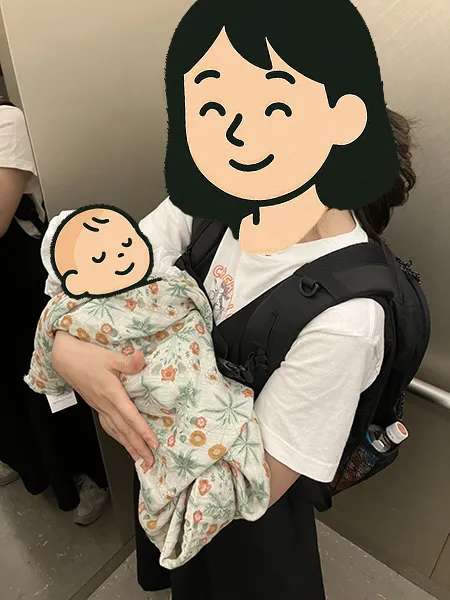
The Cost of Care in Japan
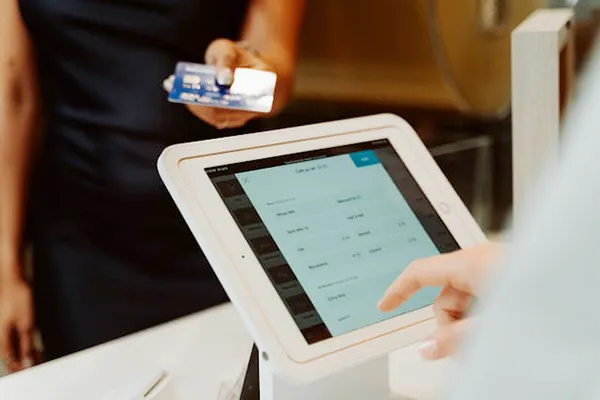
Now, about money. Our daughter spent a little over three months in the hospital, including two surgeries. The total bill was roughly 3 million yen (about USD 20,000 at current rates).
That sounds overwhelming, but Japan’s universal health insurance system makes a huge difference. Children under six only pay 20% of medical costs. On top of that, Japan has a High-Cost Medical Expense Benefit system. Depending on household income, there’s a monthly cap on what you actually pay out-of-pocket.
For us, that cap was 167,400 yen per month (around USD 1,100). So even if the bill for a month was over a million yen, we only paid the capped amount (plus food and bed charges). In total, out of a 3 million yen bill, we ended up paying about 380,000 yen (~USD 2,500).
And there’s more: our local government provides additional subsidies for children’s medical expenses. In our city, parents only pay 300 yen per day for hospitalization, and after 11 days, it becomes free. We’re still waiting for some reimbursements since our daughter was treated in Tokyo, but in the end, we expect our total out-of-pocket cost to be around 10,000 yen (~USD 70).
Learn more about the High-Cost Medical Expense System here.
Learn more about the Children’s Medical Expense Subsidy here.
I feel incredibly fortunate to live in Japan. Thank you, Japanese health insurance!
This was the beginning of our new life as parents. The road here wasn’t easy, but I’m grateful for every moment.
Thanks for reading!
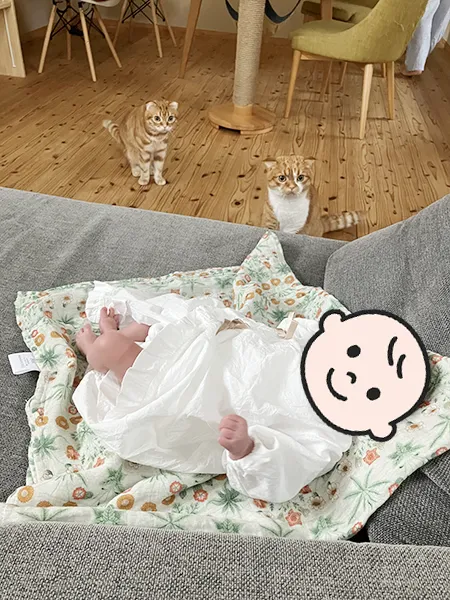
Create Memories with Your Kids
